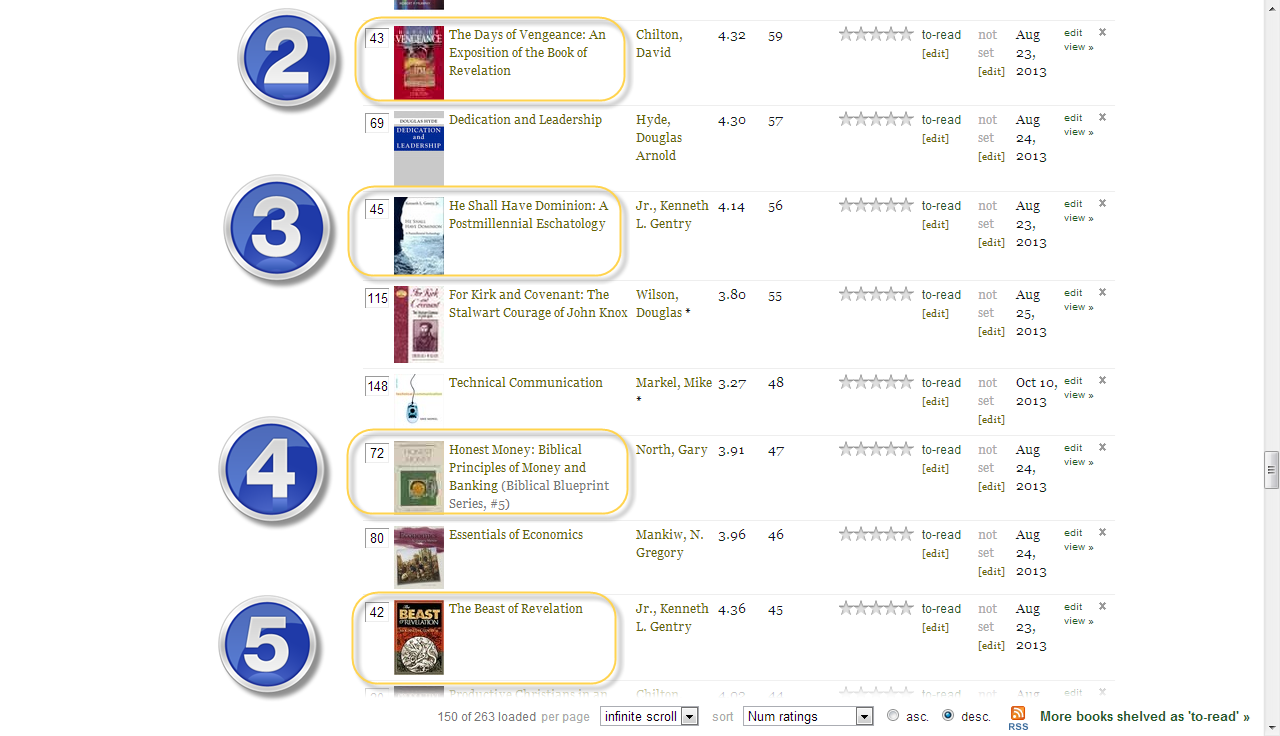
Guest Post by Levi Heiple:
Give your child the opportunity to learn about the lifestyle of his career of interest.
When I went to college, I thought I wanted to be a music composer. Had I known what the lifestyle of a successful composer was really like, I probably wouldn’t have done it.
Few classical composers get to actually write what they want–at least not for pay. You are always on a deadline. You have to make revisions on a moment’s notice. Sometimes you have to produce a score within a day! No one is looking for the next Beethoven symphony.
The days of patronized composers are gone. No one will pay you to write your next masterpiece. You’re paid based on how quickly and efficiently you can deliver quality work that others have already created.
A few people would enjoy this type of intense work life. I would not. I had too many other things I was interested in. I would not have the focus to attain any level of success as a professional composer.
Just because your child enjoys doing something, it does not necessarily mean that he would enjoy it as a profession. Just because he’s good at something doesn’t mean he can be successful at it. He has to find out what the real-life work is like.
Investing in a brief apprenticeship opportunity for your child will be money well-spent–even if afterwards he realizes he doesn’t want anything to do with the profession.
About Levi Heiple
Levi Heiple is a writer/entrepreneur who specializes in electronic training and support systems. He connected with Jonathan Harris after being asked tutor his son, Caleb. You can sign up for Levi’s free weekly tip on “reading for innovation” at BookBlitzMethod.com. You can find his professional website at LeviHeiple.com. You can find his web design service at WebPromoPackage.com.



























